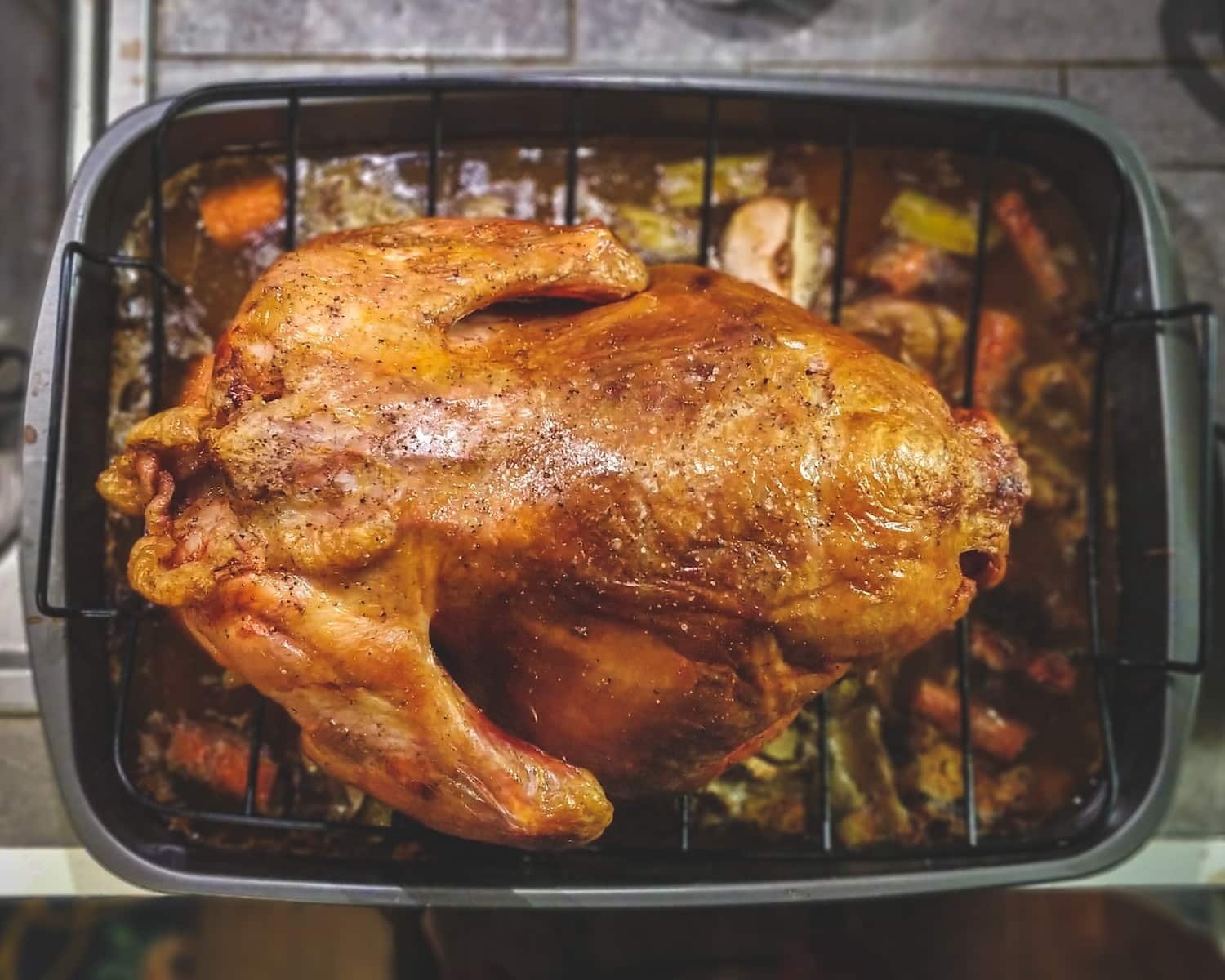Understanding the shelf life of your leftovers is more than a matter of taste—it’s a matter of safety. The Centers for Disease Control and Prevention (CDC) and the Food and Drug Administration (FDA) provide guidelines to help us avoid foodborne illnesses, and I’m here to break down those guidelines into bite-sized, easy-to-digest tips. So, let’s tuck in and talk turkey—or chicken, in this case!
Once you bring that golden, savory rotisserie chicken home, the countdown begins. According to the FDA, cooked poultry should be refrigerated within two hours of cooking or purchasing. This is because bacteria that can cause foodborne illness grow quickly at temperatures between 40°F and 140°F, which is known as the “Danger Zone.” If your chicken has been left out at room temperature for more than two hours (or one hour if the temperature is above 90°F), it should not be refrigerated and consumed. It needs to be said goodbye to, for the sake of your family’s health.
Once you’ve safely stowed your chicken in the refrigerator, you’ve bought some time. But how much? The USDA states that cooked chicken should be good for 3 to 4 days when properly refrigerated at or below 40°F. It’s a good idea to store your rotisserie chicken in a shallow airtight container or wrap it tightly with aluminum foil or plastic wrap to maintain quality and prevent contamination.
If you’ve got more chicken than you can handle in the next few days, freezing is a fabulous option. The CDC advises that cooked chicken is safe indefinitely when kept frozen, but for the sake of taste and texture, it’s best used within 4 months. Before freezing, you might want to carve your chicken into smaller portions—this makes it easier to thaw only what you need later on.
When it’s time to bring your chilled chicken back to the dinner table, proper reheating is key to ensuring it’s safe to eat. The FDA recommends reheating all leftovers to an internal temperature of 165°F to kill any potential bacteria. Use a food thermometer to check, and make sure to heat the chicken evenly throughout.
If you’re thawing frozen chicken, the safest methods are to thaw it in the refrigerator, in a bowl of cold water (changing the water every 30 minutes), or as part of the cooking process. Avoid leaving it out on the counter to thaw, as this can push parts of the chicken back into the “Danger Zone.”
Let’s not forget the power of our senses. If the chicken looks or smells off, it’s better to err on the side of caution. Any signs of a grayish color, off-putting smells, or slimy texture are indicators that your chicken has spoiled and should not be eaten.


